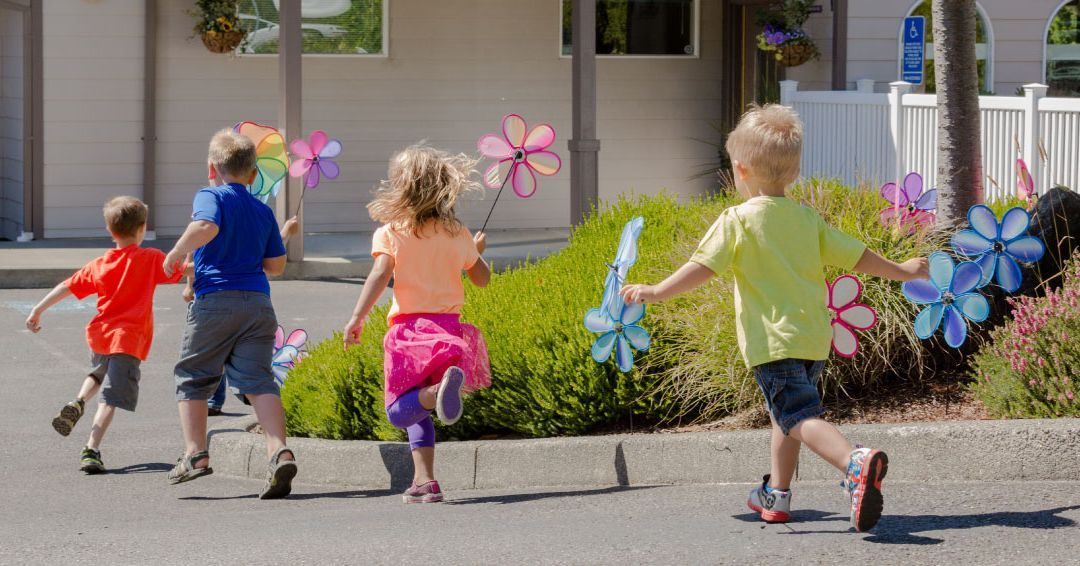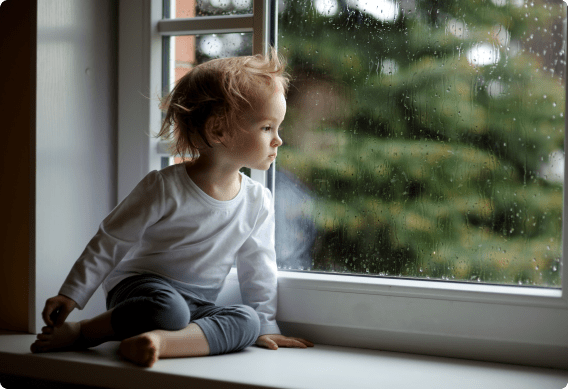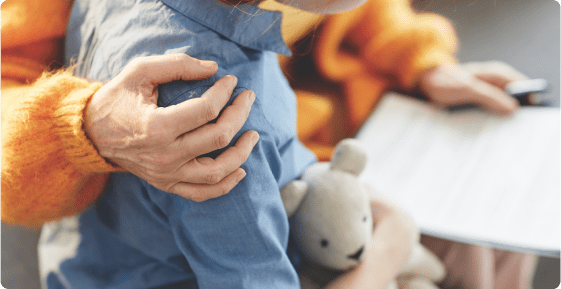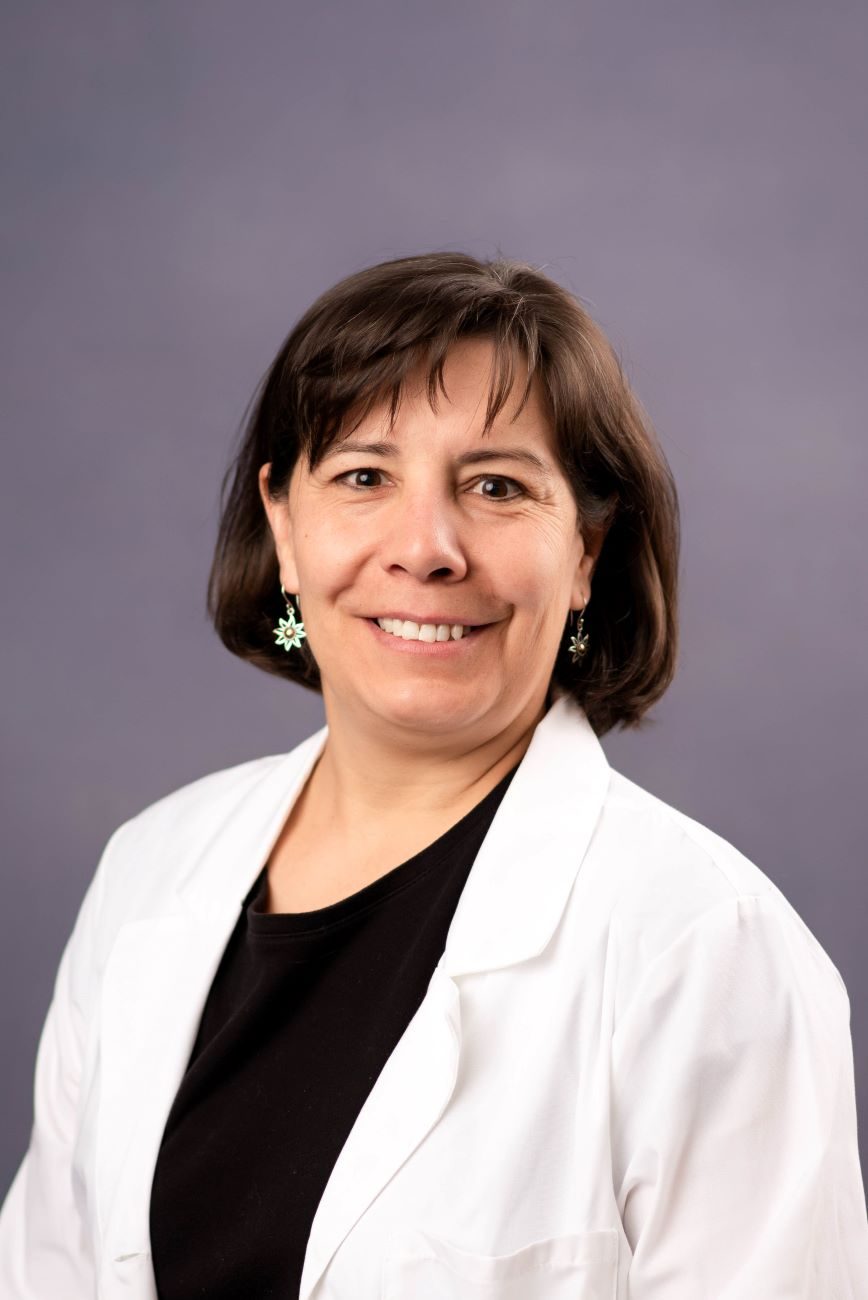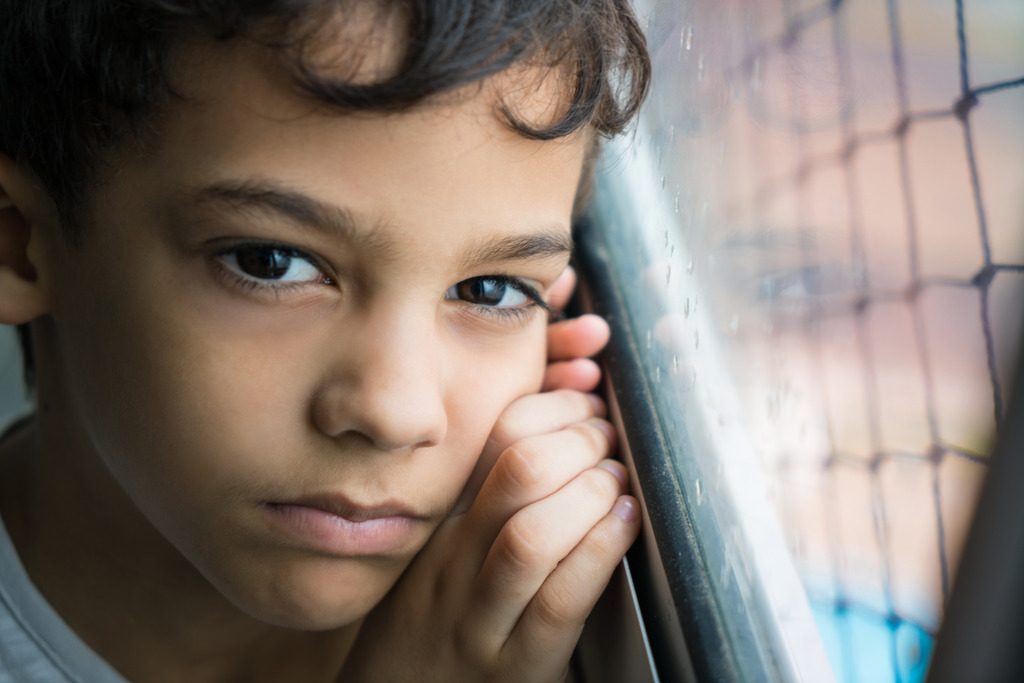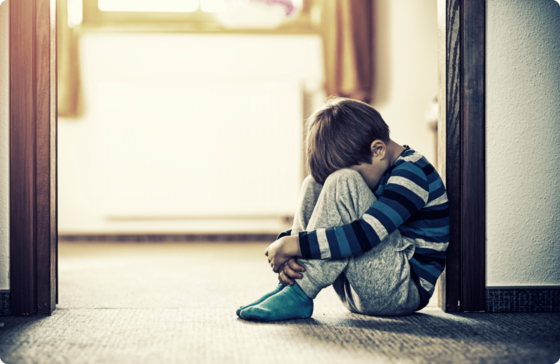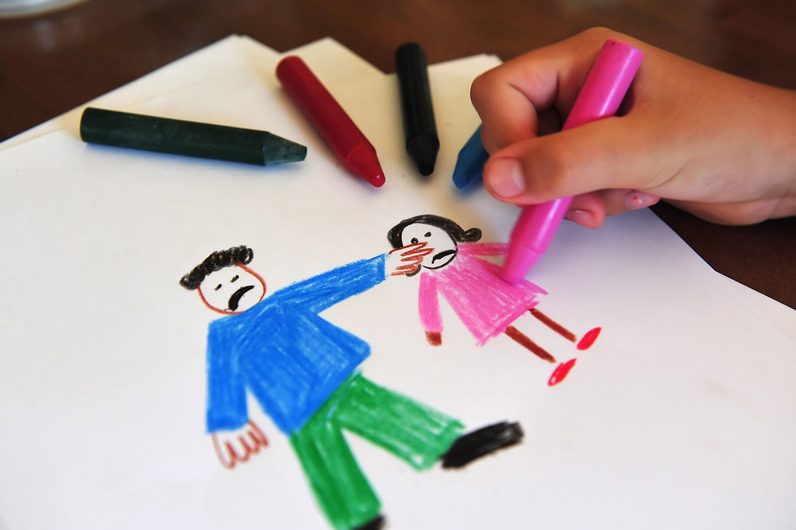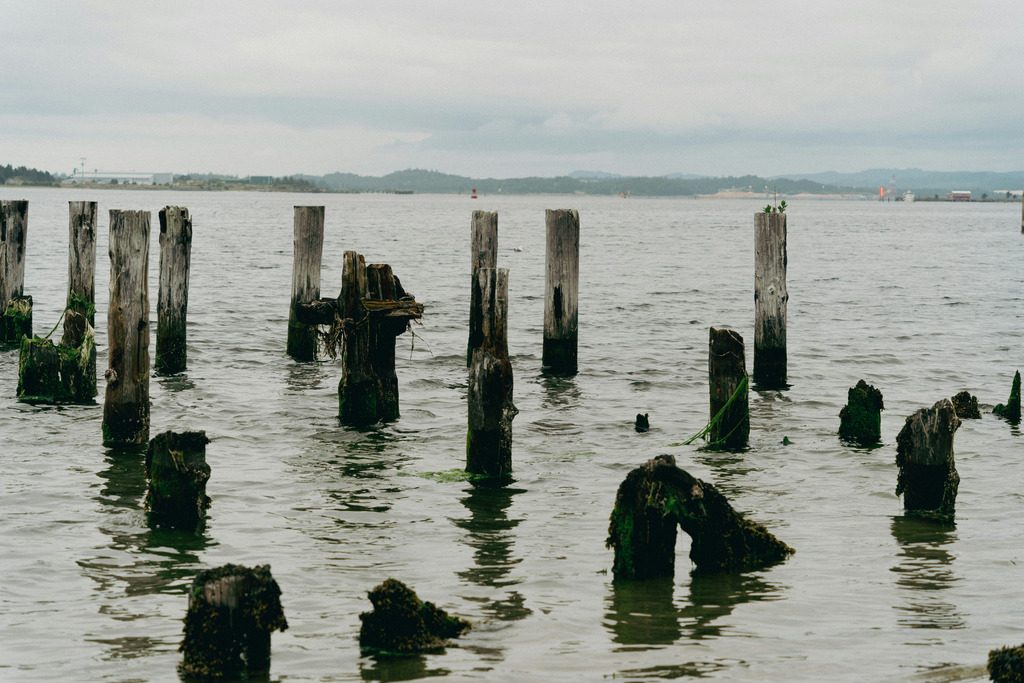Be a Steward of our Children
Approximately half of the child abuse investigations in Coos County involve a sexual abuse component. In partnership with the Ford Family Foundation, Kids’ HOPE Center has set the goal of teaching 10 percent of all Coos, Curry and western Douglas County adults how to prevent, recognize, and react responsibly to child sexual abuse cases.
Stewards of Children is a nationally acclaimed, evidence-based curriculum from the Darkness to Light organization. (Click here for an informative video.) Kids’ HOPE Center believes that through partnership and education, we can improve the lives of our community’s children.
This free training is recommended not only for individuals who work with children through their professions, but to any adult who feels responsible for protecting a child. Classes are offered the fourth Tuesday of every month, beginning at 5:30 p.m., at Kids’ HOPE Center.
Individualized private training also is available for businesses, parent groups, churches, and other organizations. Please call Kids’ HOPE Center at (541) 266-8806 to reserve your individual spot in a monthly workshop, or to schedule a workshop for your group.
Kids’ HOPE Center is proud to be a Partner in Prevention. This designation is awarded by the nonprofit Darkness to Light. It’s a title only given to organization in which at least 90% of workers and volunteers have completed Stewards of Children training.
